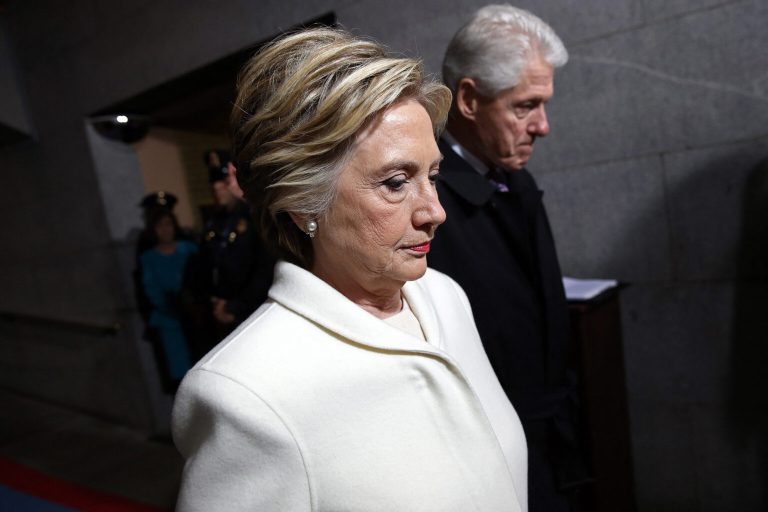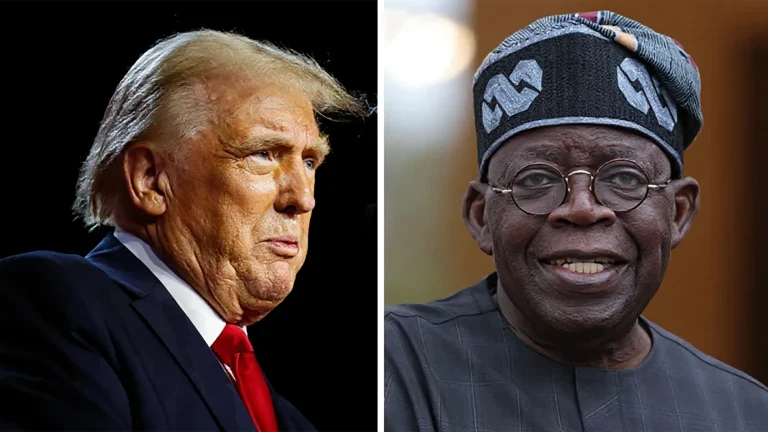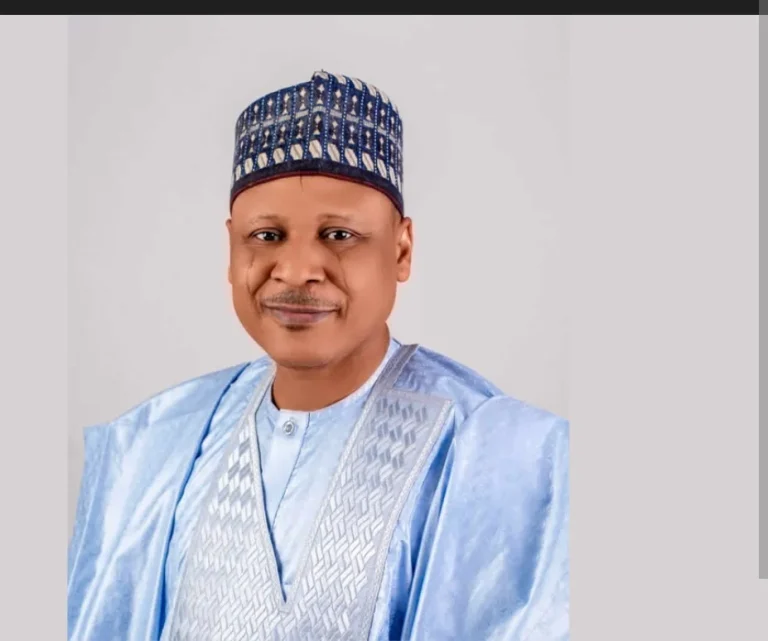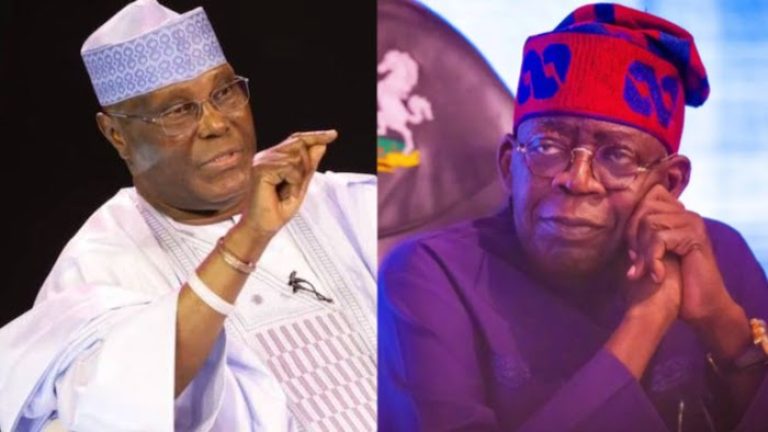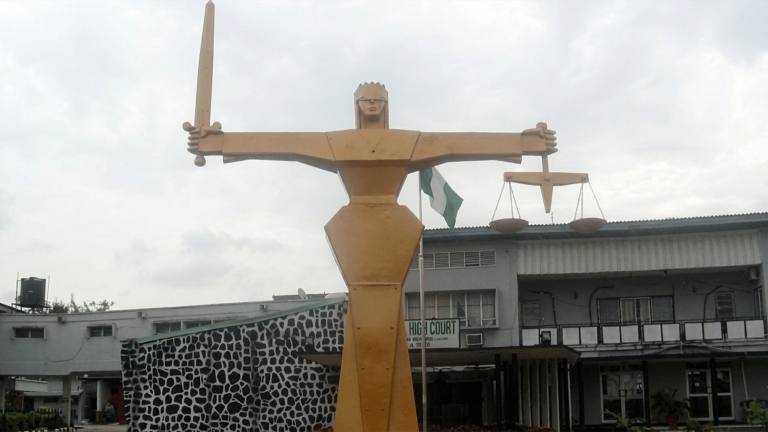
Minister of Finance, Budget and National Planning, Mrs. Zainab Ahmed, said yesterday that the Federal Government was borrowing money to fund petrol subsidies, insisting that the subsidy regime had become totally unsustainable.
Ahmed, who disclosed this at the public presentation of details of the 2023 budget in Abuja, stated: “Fuel subsidy cost was a very high one; We have been funding it from borrowing.”
According to her, petrol subsidy will “remain up to mid-2023 based on the 18-month extension announced early 2022. In this regard, only N3.36 trillion has been provided for the PMS subsidy.”
President Muhammadu Buhari’s administration had announced plans to end subsidy from July 2022 but changed its position when faced with threats of nationwide protests by labour.
Party members and some officials of the administration were said to have convinced President Buhari that the decision will negatively affect his public rating and that of the ruling party and this forced the government to later announce an extension of the subsidy regime to lapse in June this year, one month after leaving office.
The minister also said the reconciliation between the ministry and the Nigerian National Petroleum Company Limited, NNPCL, is still ongoing to determine crude oil revenues and what should accrue to the federation account.
Executive to engage NASS on Ways & Means
On the controversial securitisation of the N22.7 trillion borrowing from the Central Bank of Nigeria, CBN, by Ways & Means, she said her team would engage the National Assembly (NASS) on the lingering disagreement between the two arms of government on the issues.
Debt securitization is the process of packaging debt(s) from a source or number of sources into a single security to be sold to investors.
The minister said the decision to securitise the debt was to reduce the burden on the Federal Government, as interest on the Ways & Means could hit N2 trillion this year, from N1.2 trillion, if nothing was done.
“If successfully securitized, rather than the current interest rate of MPR+3per cent (19.5%), interest on the Ways & Means, it would reduce to about nine per cent,” she said.
On the macro-economy, she said the economy had been fully diversified, with oil revenue projected to contribute only N2.29 trillion (22 per cent of revenue) to the budget in the current fiscal year.
She said: “In aggregate, 22% of projected revenues is expected from oil-related sources, while 78% is to be earned from non-oil sources. This shows that we have achieved a fully diversified economy in this country.”
Non-oil taxes are estimated at N2.43 trillion; Federal Government independent revenues are projected to be N2.62 trillion; while other revenues total N762 billion.
Stamp Duty investigations
The Minister disclosed that the Federal Government is awaiting the outcome of investigations into claims that the Central Bank of Nigeria had large Stamp Duty funds in its account.
Responding to a question on the allegations of huge Stamp Duty funds at the Central bank of Nigeria (CBN), Mrs. Ahmed said that investigations had been instituted into the matter, without providing details.
She said, “There is an investigation that is being carried out by a committee. There are also some investigations that are being carried out by some security agencies. “We are anxiously waiting for the outcomes of these investigations. If funds are realized from these investigations, it will help us fund the deficit in the 2023 budget.”
The presidency has however dismissed the allegations of misappropriation of Stamp Duty funds levelled against the apex bank.
CBN’s Director of Corporate Communications, Mr. Osita Nwanisobi, had also described the allegation as ridiculous.
He said, “We have been hearing these allegations, but they said N89 trillion stamp duty accumulated and the total assets for Nigerian banks are about N63 trillion and someone is claiming that fifty kobo accumulated to N89 trillion. How possible is it?
“If there is any committee in charge, that has nothing to do with us (CBN). The committee can do their work but has nothing to do with the CBN. Our most concern is the N89 trillion because the total assets of all the banks in Nigeria are not up to that amount.
“CBN is the creation of the law, and that is why we say, CBN is an institution with statutory flavour. Our responsibility is to keep up with the law. The law states that the act on stamp duty must be obeyed, and that is what it does.
“We keep a record of all transactions, that is why whenever we hear such allegations, we are shocked.”
N 11. 34trn Deficit
This year’s deficit has been estimated at N11. 34 trillion which represents 5. 03 per cent of the Gross Domestic Product (GDP).
Mrs. Ahmed said that the deficit will be financed mainly by domestic borrowings of N7 04 trillion; foreign sources of N1.76 trillion; N1. 77 billion from multilateral and bilateral loan drawdowns; and privatization proceeds of N206.18 billion.
According to her, the deficit level has exceeded the 3 per cent of GDP provided in the Fiscal Responsibility Act and it might be necessary for the law to be amended to accommodate the new realities.
She said there is no plan to restructure the nation’s debt, as according to her, the administration has consistently met debt obligations.
Rather, she said that the country will continue to spread debt maturities through debt refinancing.
The fiscal deficit for 2022 was estimated at N8.17 trillion, inclusive of the Supplementary budget. As at November 30, 2022, the deficit was N6.37 trillion, which the minister said was totally financed by borrowings, mostly from domestic sources.
Public debt could rise to N70 trn
Meanwhile, public debt, (owed by federal and state governments and FCT) could rise to about N70 trillion at the end of the year.
With public debt already standing at N44.06 trillion as of the end of September 2022, the Director-General of the Debt Management Office, Ms Patience Oniha, said that if efforts to securitise the Ways & Means were successful, N22. 7 trillion would be added to the public debt in a transparent manner.
She added that the projected 2023 borrowings to fund the deficit could push up the estimated figure.
The D-G added that for the nation’s debt stock to decrease, revenue discussions must take the centre-stage with a view to ramping up that aspect of the budget.
Akabueze on balancing budget
In his remarks, the Director-General of the Budget office of the Federation, Mr Ben Akabueze, said “let’s take budget discussions to the revenue side.”
According to him, “unless we fix the revenue side of the budget, the concerns about borrowing will not be addressed.”
He added that the challenge of reducing the recurrent budget, in order to increase the capital budget was difficult, explaining that nothing much could be done to reduce personnel cost, which takes much of the non-debt recurrent.
Mr. Akabueze disagreed with claims that the Federal Government workforce was over-bloated.
He said that the situation was such that some areas were over-staffed while others were under-staffed, citing the police as an example where the personnel is too low for the country.
Recurrent (non-debt) spending is estimated to amount to N8.33tn, inclusive of N200 billion social investment programme, while aggregate Capital Expenditure of N6.46tn is 30% of total expenditure; and 3.5% lower than the 2022 Budget (inclusive of the Capital component of Statutory Transfers, GOEs Capital & Project-tied loans expenditures).
At N6.31tn, debt service is 29% of total expenditure. This is 71% higher than the 2022 estimate as it includes an interest payment of N1.2 trillion for Ways & Means.
Sectoral allocations
The Federal Government has provisioned the sum of N173 billion for the Independent National Electoral Commission (INEC) to conduct the general election due this year.
The detailed budget also indicated that defence and security have the largest single sectoral allocation of N2.98 trillion (13.4% of the Budget); Infrastructure (N1.24 trillion) 5.7% of the Budget; Education Sector, N1.79 Trillion i.e. 8.2% of budget; while Health Sector got N1.15 trillion i.e. 5.3% of the budget.
(Vanguard)


